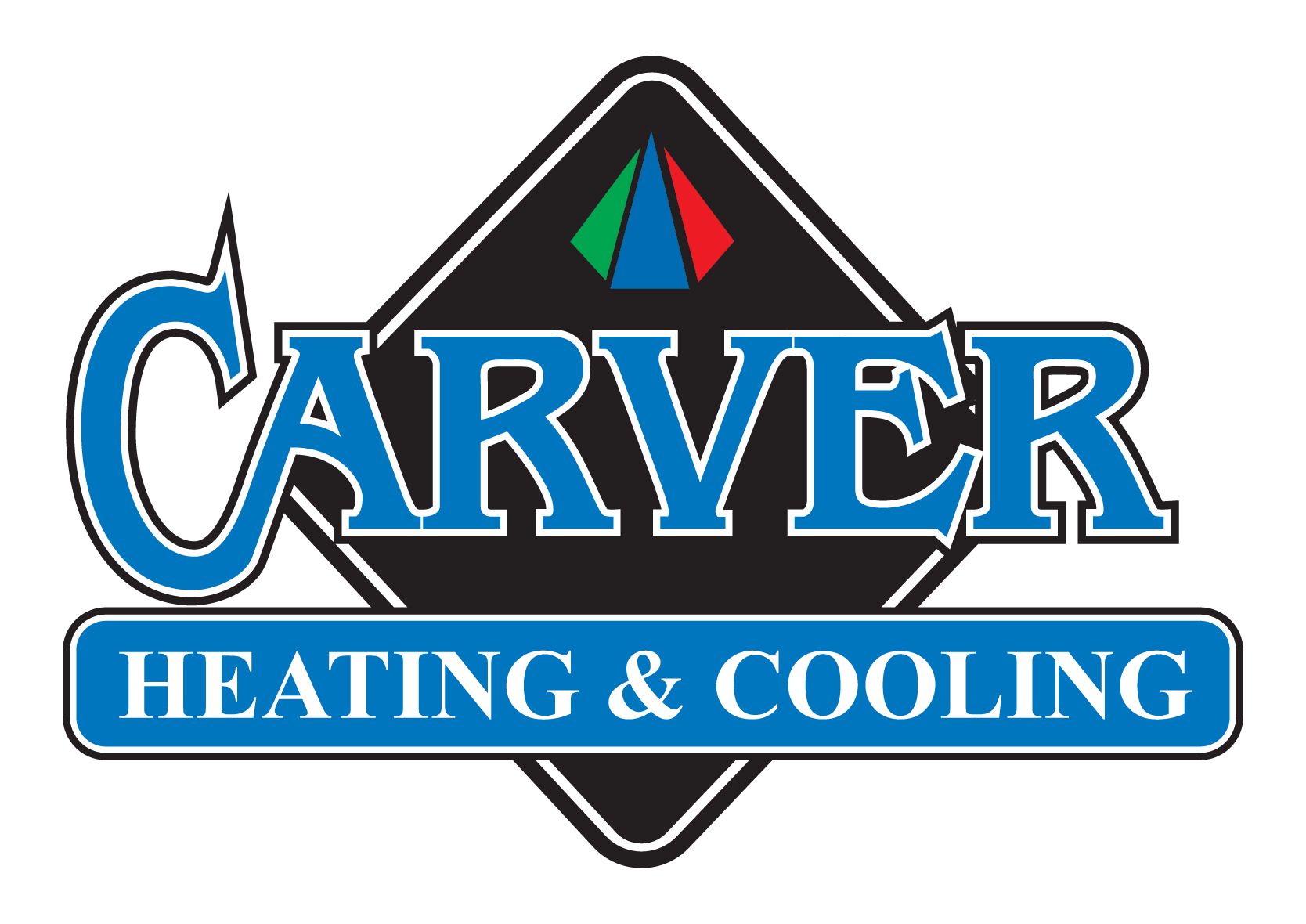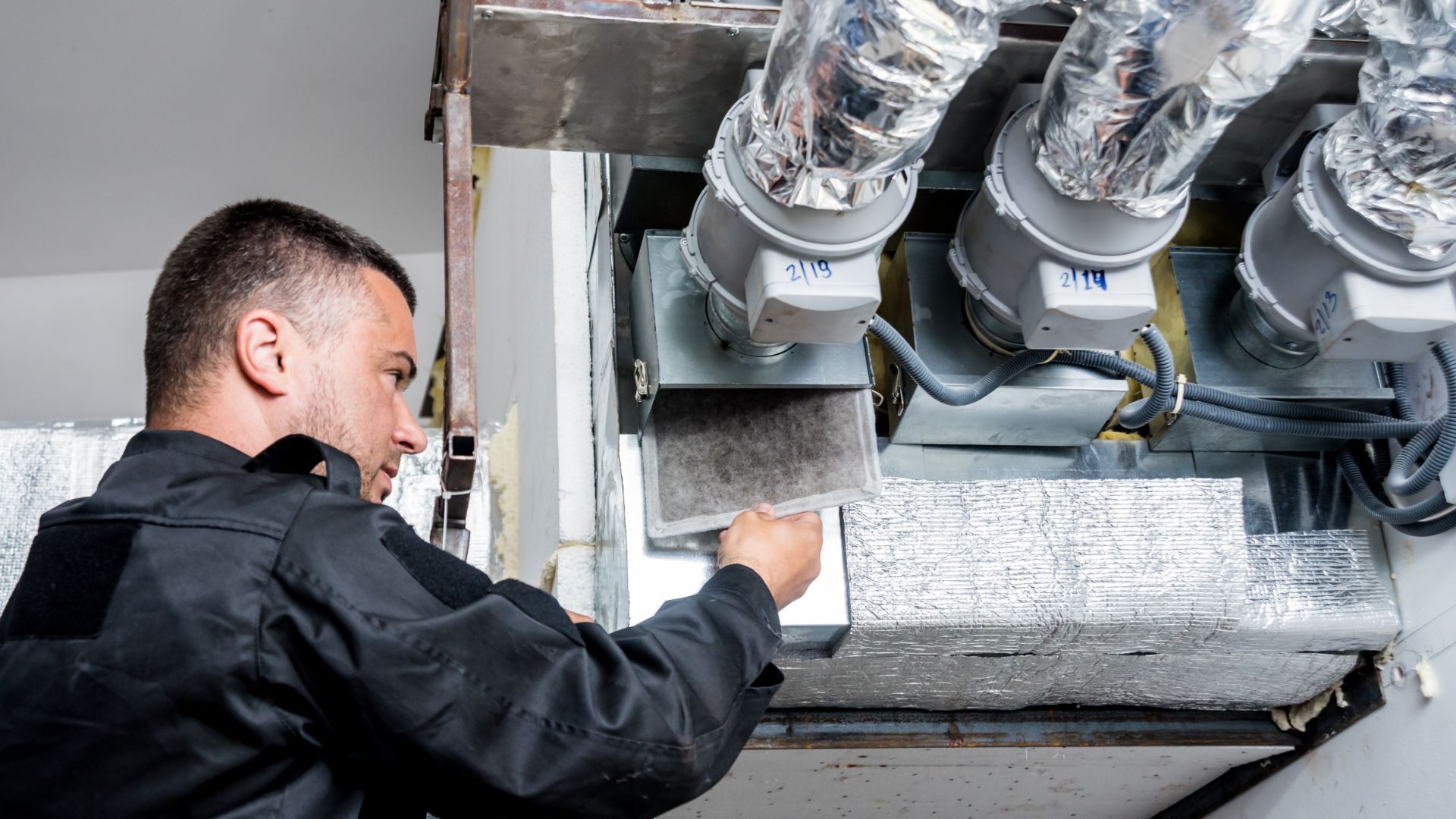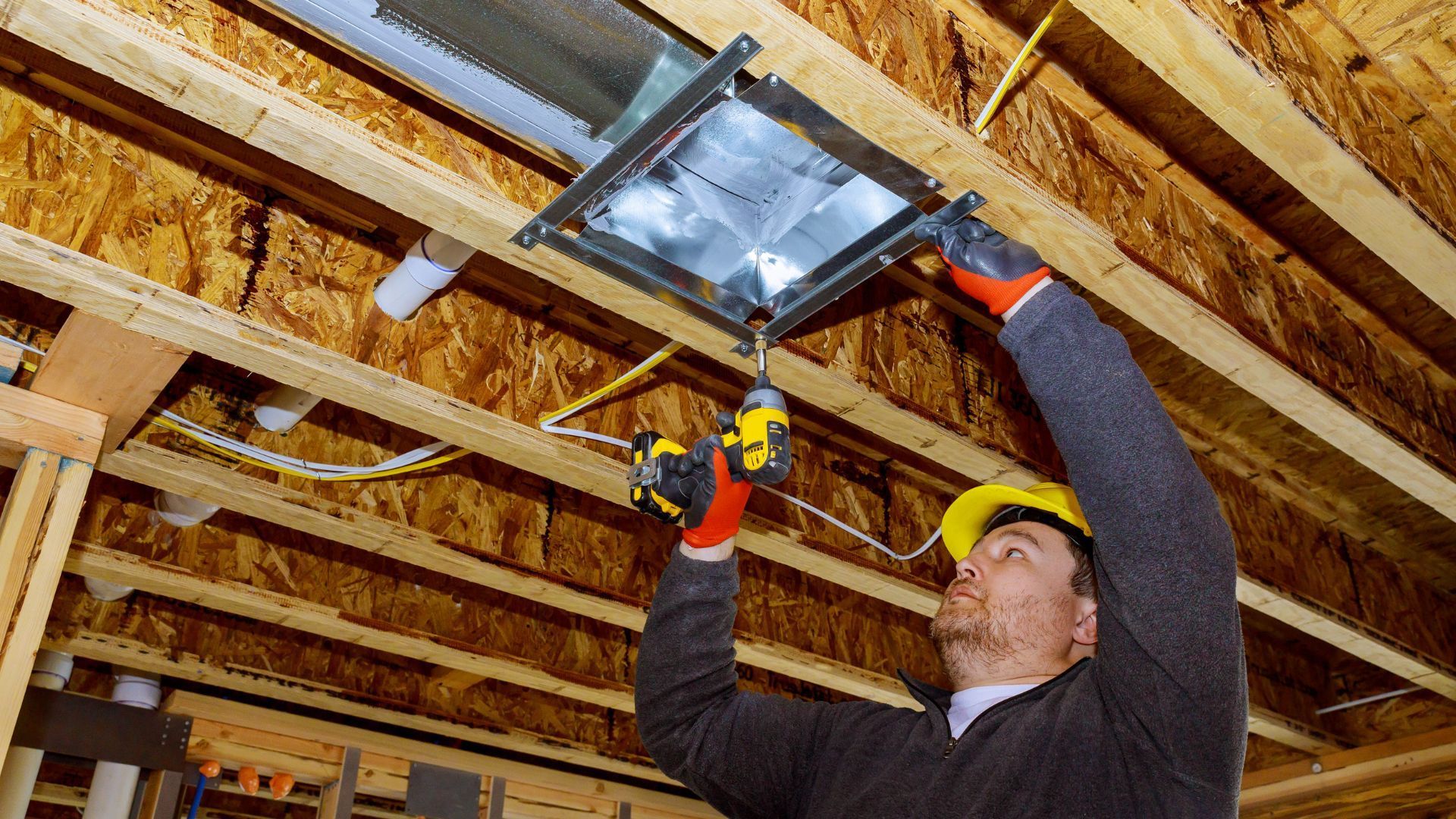Working Hours: Monday - Friday 08:00 AM - 04:30 PM
Power Vent vs Conventional Hot Water Heaters: A Comparison

Water heaters are a crucial appliance in many homes, providing a reliable source of hot water for showers, washing dishes, and other everyday tasks. There are a variety of hot water heater options available, each with its own set of advantages and disadvantages. This article will compare power vent hot water heaters with conventional hot water heaters, looking at factors such as initial cost, energy efficiency, hot water capacity, and lifespan.
Power Vent Hot Water Heaters
Power vent hot water heaters are a type of hot water heater that uses a fan to exhaust flue gases to the outside of the home. This allows them to be vented through an outside wall or roof rather than a chimney, as is required with traditional hot water heaters.
One of the main benefits of power vent hot water heaters is their energy efficiency. Because the fan is able to exhaust flue gases more efficiently than a chimney, power vent hot water heaters can operate with higher thermal efficiency, resulting in lower energy costs. In addition, the ability to vent through an outside wall or roof allows for a continuous supply of hot water, as the venting system is not subject to the same drafting issues that can occur with a chimney.
Power vent hot water heaters are available in both gas-fired and oil-fired models. Gas-fired models are typically more efficient and have a lower initial cost, but they may not be an option for homes without a natural gas line. On the other hand, oil-fired models can be a good choice for homes without access to natural gas, but they tend to be less efficient and have a higher initial cost.
Conventional Hot Water Heaters
Conventional hot water heaters are the most common type of hot water heater and are typically less expensive than power vent models. They work by heating water in a tank and storing it until it is needed.
One of the main benefits of conventional hot water heaters is their relatively low cost. They are also relatively simple, with fewer moving parts than power vent hot water heaters, which can make them easier to maintain.
Conventional hot water heaters are available in several types, including gas-fired, electric, and tankless models. Gas-fired models are typically more efficient and have a lower initial cost, but they may not be an option for homes without a natural gas line. Electric hot water heaters are a good choice for homes without natural gas, but they tend to be less efficient and have a higher initial cost.
On the other hand, tankless hot water heaters do not have a storage tank and instead heat water on demand, which can result in lower energy costs and a higher initial cost.
Comparison Of Power Vent And Conventional Hot Water Heaters
When comparing power vents and conventional hot water heaters, there are several factors to consider. The initial cost is often a major consideration for homeowners, and in general, conventional hot water heaters tend to be less expensive than power vent models. However, power vent hot water heaters may have a lower overall cost of ownership due to their higher energy efficiency.
Hot water capacity is another important factor to consider. Power vent hot water heaters typically have a higher hot water capacity than conventional hot water heaters, which can be a major advantage for larger households with high hot water demand. However, this may not be an issue for smaller households or those with lower hot water demand.
The lifespan of a hot water heater is also an important factor to consider. Power vent hot water heaters tend to have a longer lifespan than conventional hot water heaters due in part to their higher energy efficiency and the fact that they have fewer moving parts. This can result in lower maintenance costs over the lifetime of the appliance.
There are also certain situations in which a power vent hot water heater may be the better choice. For example, if you live in a region with very cold winters, a power vent hot water heater may be more efficient at maintaining a constant water temperature. In addition, if you have a large household with high hot water demand, a power vent hot water heater may be more suitable due to its higher hot water capacity.
On the other hand, if you live in a region with mild winters and have a smaller household with lower hot water demand, a conventional hot water heater may be more suitable due to its lower initial cost and simpler design.
Conclusion
In conclusion, power vent hot water heaters and conventional hot water heaters are both viable options for homeowners, each with its own advantages and disadvantages. Power vent hot water heaters tend to be more energy efficient and have a higher hot water capacity. Still, they also tend to have a higher initial cost and a longer lifespan. Conventional hot water heaters are generally less expensive and simpler, but they may be less energy efficient and have a shorter lifespan.
Ultimately, the best choice for you will depend on your individual needs and circumstances. It is important to do your research and consult a professional before making a decision. By weighing the pros and cons of each type of hot water heater, you can make an informed decision that will best meet the needs of your household.
Made your decision on what you should choose? Visit us for the best
HVAC products
in London, Ontario now!

INFORMATION
176 Rectory St, London, ON N5Z 2A5, Canada
Follow us on Facebook
BROWSE OUR WEBSITE
EMERGENCY SERVICE









